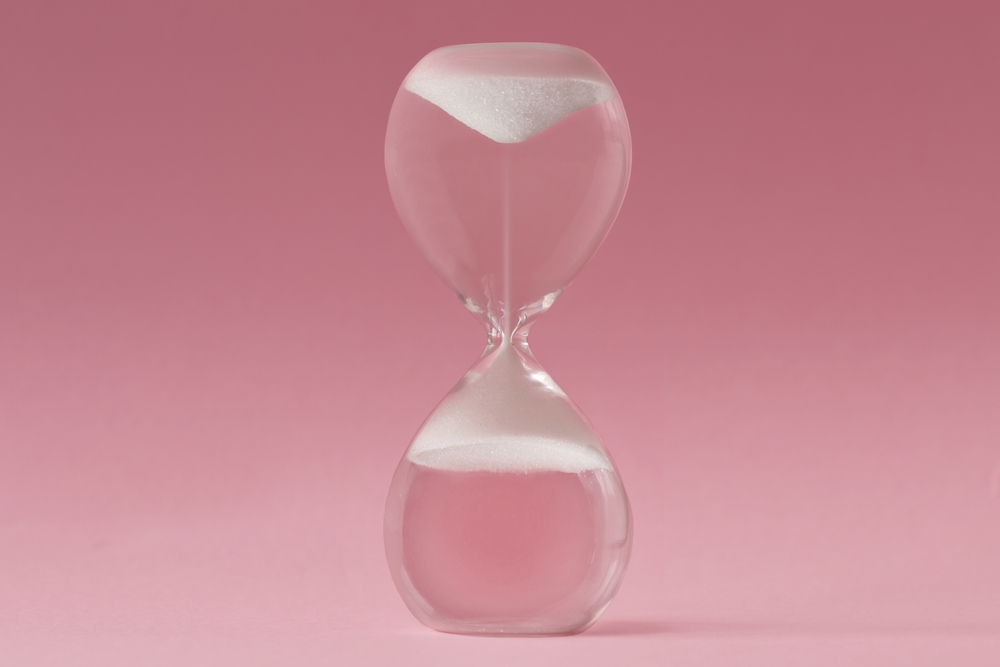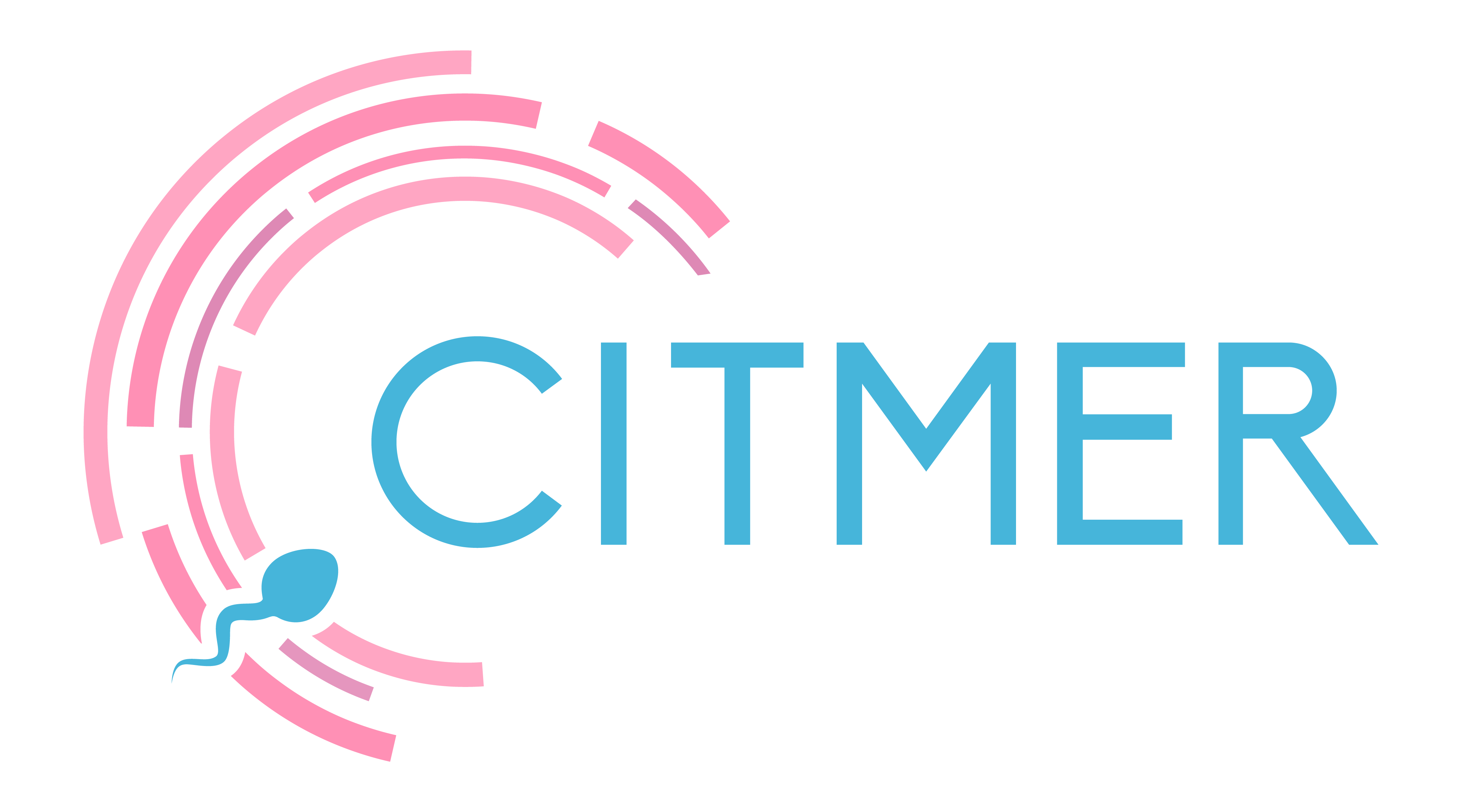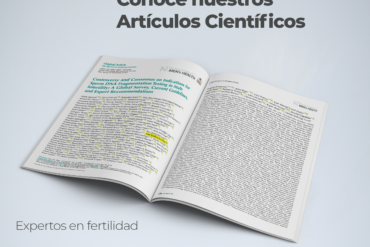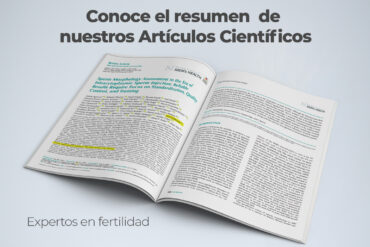There is a famous saying that goes like this: "Time waits for no one…", and it is true. Long before we gave our first cry at birth, even before conception, our biological clock, in a way, had already kicked into gear and set a deadline.
Throughout our lives, our decisions, our habits, our technological advances and even our inheritance can modify that finite time that was given to us, stretching or limiting it.
Biologically, aging is a multifactorial event that highlights the sticky ends of our genetic material, known as telomeres, plus the accumulation of harmful oxidizing species in our body, which alter its proper functioning. In the long run, the quality of our cells is diminished over time, resulting in age-related diseases.
And although today, thanks to modern medicine, human life has been prolonged like never before in our history, there is a group of cells that time refuses to forgive: the oocytes.

Remember that each woman is born with a finite number of these cells. It is estimated that at birth each woman has about 2,000,000 oocytes, but when reaching puberty that number drops drastically from 300,000 to 500,000. Quite a high number, isn't it?
The problem lies in the fact that, to be fertilized, they must go through a maturation event and be released by the ovary only when sexual maturity is reached. During ovulation, many of these oocytes are released, but only the best of them are selected while the rest degenerate and are lost. This results in an average woman ovulating 400 to 500 eggs in her lifetime.
This turns having children into a race where the number of available eggs is not only limited, but also against the clock with each passing year where the quality of these decreases. Which begs the question: what is the most fertile age for a woman? When is there a slight decline and when is there a sharp decline in female fertility?
Recent studies state that the most fertile age for women is 20 to 24 years. At ages 25 to 29 there is a slight decrease in fertility, while at ages 35 and 39 there is a noticeable loss in the ability to conceive a pregnancy. Contact our specialists for more information. Remember, here at Citmer we want to be a part of your story.
REFERENCES
Garcia, D., Brazal, S., Rodriguez, A., Prat, A., & Vassena, R. (2018). Knowledge of age-related fertility decline in women: A systematic review. European Journal of Obstetrics & Gynecology and Reproductive Biology, 203, 109 – 118. doi:10.1016/j.ejogrb.2018.09.030. Deatsman, S., Vasilopoulos, T. & Rhoton-Vlasak, A. (2016). Age and Fertility: A Study on Patient Awareness. JBRA Assisted Reproduction, 20 (3): 99–106. Doi:10.5935/1518-0557.20160024



